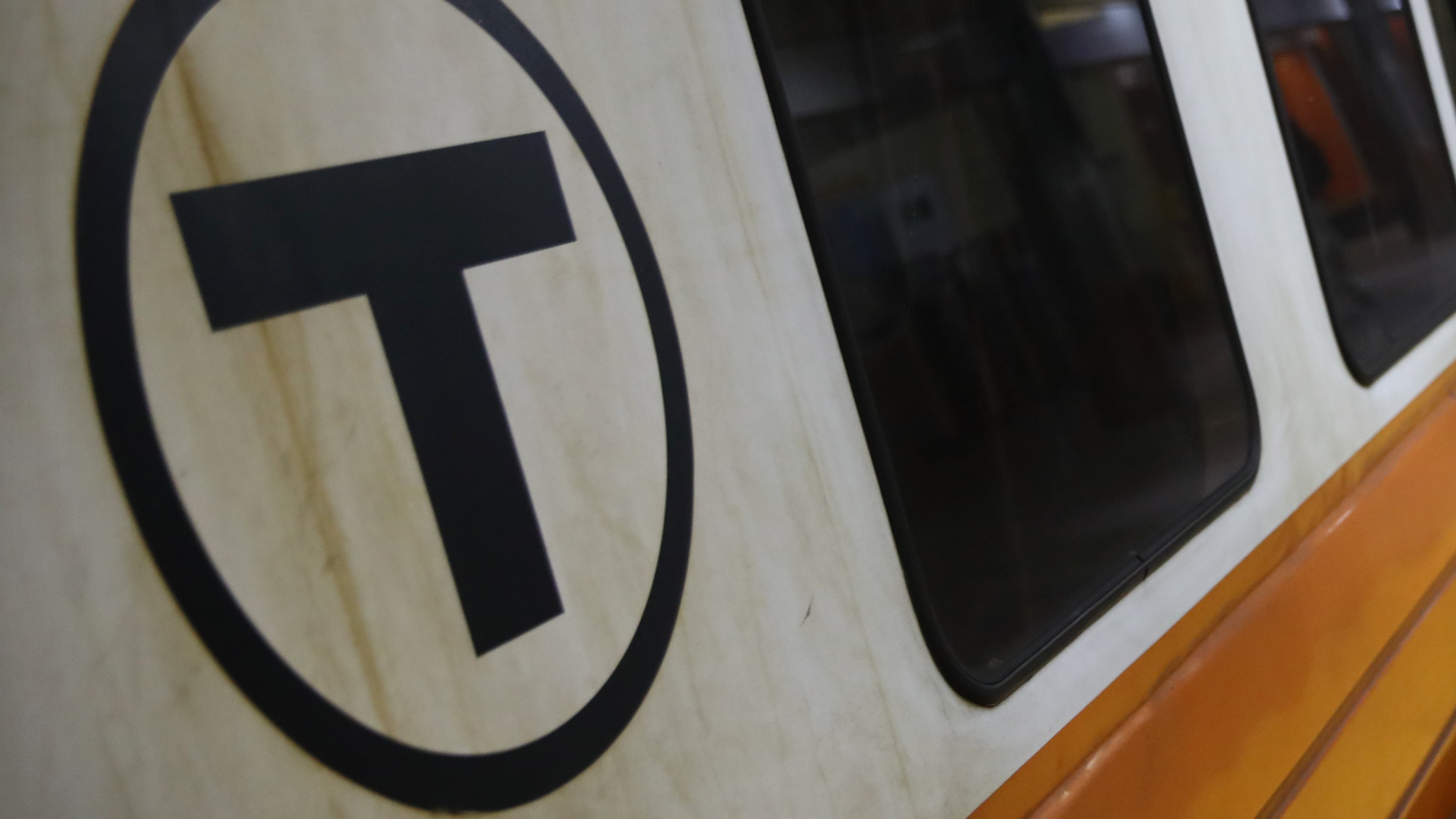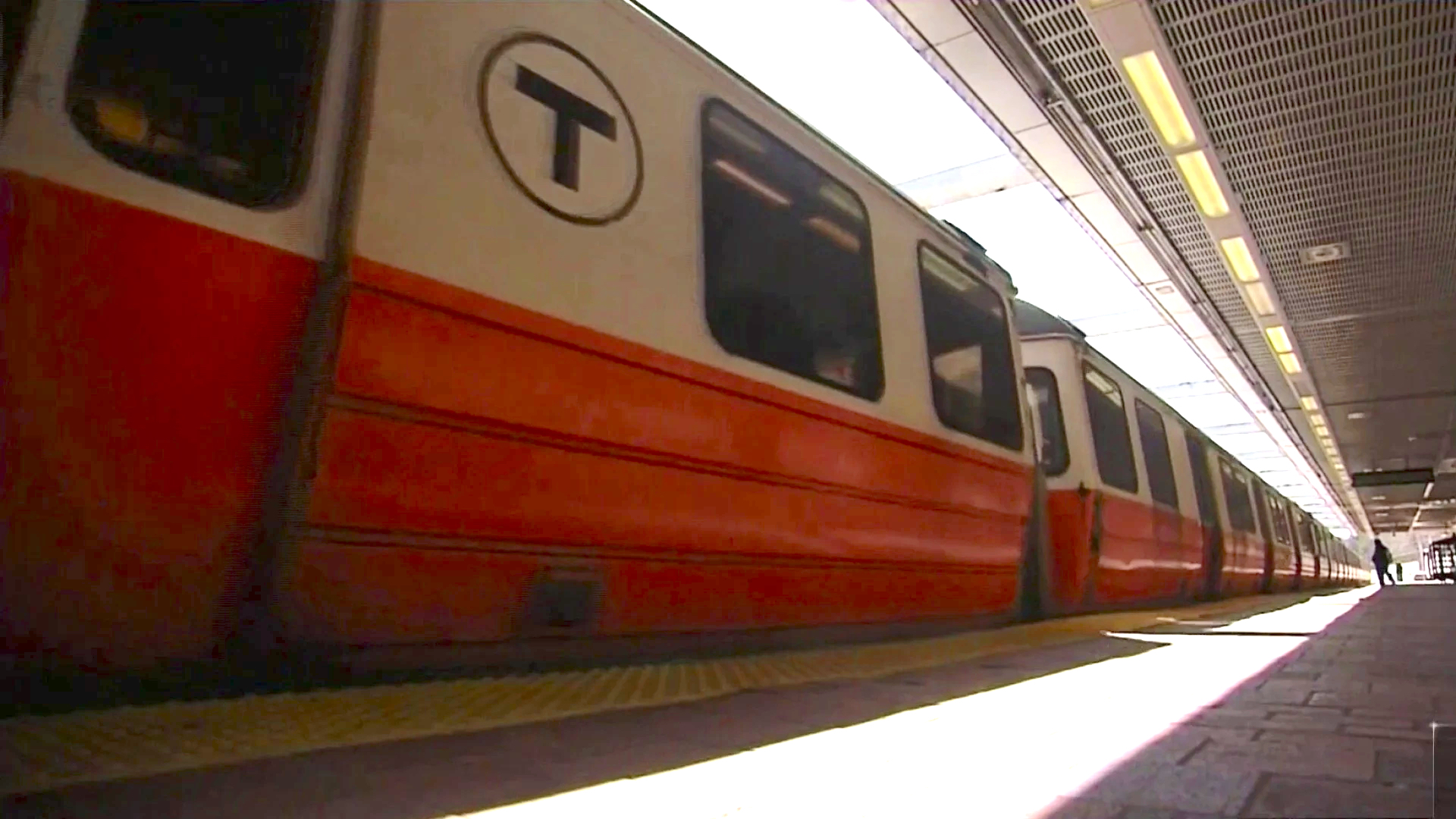Federal transit overseers will wrap up their on-site inspections of the MBTA this week, and they have already flagged a quartet of major safety issue areas they want the agency to address quickly, the T's top safety official said Monday.
In a meeting that also featured news about the June 1 Green Line crash and manufacturing issues with Red and Orange Line trains, MBTA Chief Safety Officer Ronald Ester said he expects the Federal Transit Administration to complete on-the-ground inspections ahead of a "closeout meeting" with T leaders on Friday.
STAY IN THE KNOW
Watch NBC10 Boston news for free, 24/7, wherever you are. |
|
Get Boston local news, weather forecasts, lifestyle and entertainment stories to your inbox. Sign up for NBC Boston’s newsletters. |
Ester said FTA officials informed the MBTA of "four issues they would like to see actions taken in the short term before issuance of a formal report." The issues are staffing at the operations control center, safety protections in train yards, delayed track maintenance, and recertifying MBTA workers.
He expects those topics to be highlighted in "formal notification" from the federal agency this week.
329 medal events. 32 sports. Endless drama. Catch all the action at the Paris Olympics. Sign up for our free Olympics Headlines newsletter.
"The staffing at the operations control center -- that's basically making sure they have adequate staff to perform the work at the operations control center," Ester told the MBTA board's safety, health and environment subcommittee when asked to elaborate on the issues.
"Safe operations within yard limits, that's putting protections in place to prevent incidents from occurring within those yard limits. As it relates to delayed track maintenance, it's ensuring that maintenance is done and we have a state of good repair, and the recertifications of individuals that require recertifications to perform their work on a daily basis (is) making sure they haven't lapsed in those recertification processes."
Ester said T officials are at work on a response plan and will share it with the FTA soon. He agreed to return to the MBTA safety subcommittee with a "readout" of the Friday meeting between agency officials and FTA investigators while stressing the discussion will not represent the "final report" from the federal probe.
An FTA spokesperson who agreed to communicate only on background said the agency's on-the-ground inspection is close to complete.
"The Federal Transit Administration is committed to safety as our number-one priority and will ensure that is also the primary focus of everyone at the MBTA and (Department of Public Utilities)," the spokesperson said. "Our safety management inspection is nearing its conclusion, and we are calling on the T to take timely corrective actions to ensure the safety of the employees and the passengers on MBTA trains. We will provide more detail soon."
Ester's outline indicates where federal experts may see the most immediate red flags at the T.
Staffing in departments beyond the operations center has been a challenge for the MBTA in recent months, as it has for the broader Department of Transportation and many other public and private employers struggling to attract workers in a competitive hiring market.
Maintenance has also long been an area of scrutiny. The most recent system-wide estimate of needs the T produced came in May 2019, when officials projected it would cost $10.1 billion to replace all outdated equipment and infrastructure with modern alternatives.
The agency has increased its annual capital spending, which covers maintenance, modernization and expansions, during Gov. Charlie Baker's administration despite facing persistent operating budget shortfalls.
It's still not clear where the nearly unprecedented federal investigation at the MBTA will land.
The FTA has only conducted a safety management inspection of this scope once before, which resulted in federal officials taking control of safety oversight at the Washington, D.C.-area Washington Metropolitan Area Transit Authority for more than three years.
Federal officials launched the probe in mid-April, at the time describing themselves as "extremely concerned with the ongoing safety issues" at the MBTA. Several incidents since then have heightened the pressure.
Green Line Crash Speed Revealed
On June 1, two Green Line trains collided near Government Center station, sending four MBTA drivers to the hospital with non-life-threatening injuries and derailing both trains.
MBTA Chief Investigation and Safety Assurance Officer Steven Culp said Monday that the striking train, which had 20 to 25 passengers on board traveling westbound from Haymarket to Government Center, was moving at "approximately 9 miles an hour" at the moment of the crash and did not stop at a red signal. The speed limit on that section of mainline track is 7 miles per hour, according to a T spokesperson.
The other train had only two drivers on board and was moving from a "loop" section of track toward the mainline to begin service. Culp said it was traveling at 5.7 miles per hour -- a T spokesperson said the speed limit on the loop track is 5 miles per hour -- and had been "moving on proper signals."One day after the crash, MBTA General Manager Steve Poftak said investigators at that point had found "no evidence" that vehicle or infrastructure issues contributed to the incident and were looking at possible human errors.
Culp said Thursday the investigation remains "active." The MBTA will launch a "safety blitz," he said, consisting of signal compliance audits and "rule reminders" for train operators "regarding double red signals and attention to duty.""There are rules within the rulebook that basically tell all operators that at all times, they need to be paying attention to their surroundings, paying attention to the operations of their trains, paying attention to the signals, paying attention to the switches ahead of them to ensure they can operate the train safely," Culp told the safety subcommittee. "Basically, what Green Line Operations is going to do is send out a rule reminder reinforcing that people need to be paying attention while they're operating their trains."
Red, Orange Line Bolts Eyed for Replacement
In another incident after the FTA launched its investigation, the MBTA temporarily pulled all new Orange Line and Red Line trains from service after an improperly installed bolt on a braking unit disabled a vehicle.
MBTA workers examined 1,584 similar bolts across each of the newest subway fleet additions manufactured in Springfield by CRRC and found 17 others with similar problems, each of which has been replaced with new hardware, Director of Vehicle Engineering Bill Wolfgang said Monday.
"To date, we have not had any recurrences of any issues," Wolfgang told the board.
The T sent faulty bolts to Mass Materials Research for analysis, the results of which should be available within 30 days. Crews will inspect the vehicles' brakes every two weeks and are in the second round of those examinations, according to Wolfgang."
We have an inspection team that we utilize for in-plant services," Wolfgang said. "They are in the plant every single day looking at the vehicles, top to bottom, inside and out. We are implementing a more in-depth evaluation in this particular area of the factory."
Wolfgang said the MBTA will move next to replace all the bolts in question as a "cautionary step," likely at the end of June or early July once the parts are delivered.
The MBTA plans to replace the entire Red and Orange Line fleets with brand-new trains from Chinese firm CRRC. Several dozen vehicles have already arrived, and T officials expect the turnover to be complete by April 2023 on the Orange Line and September 2024 on the Red Line following a delay.



